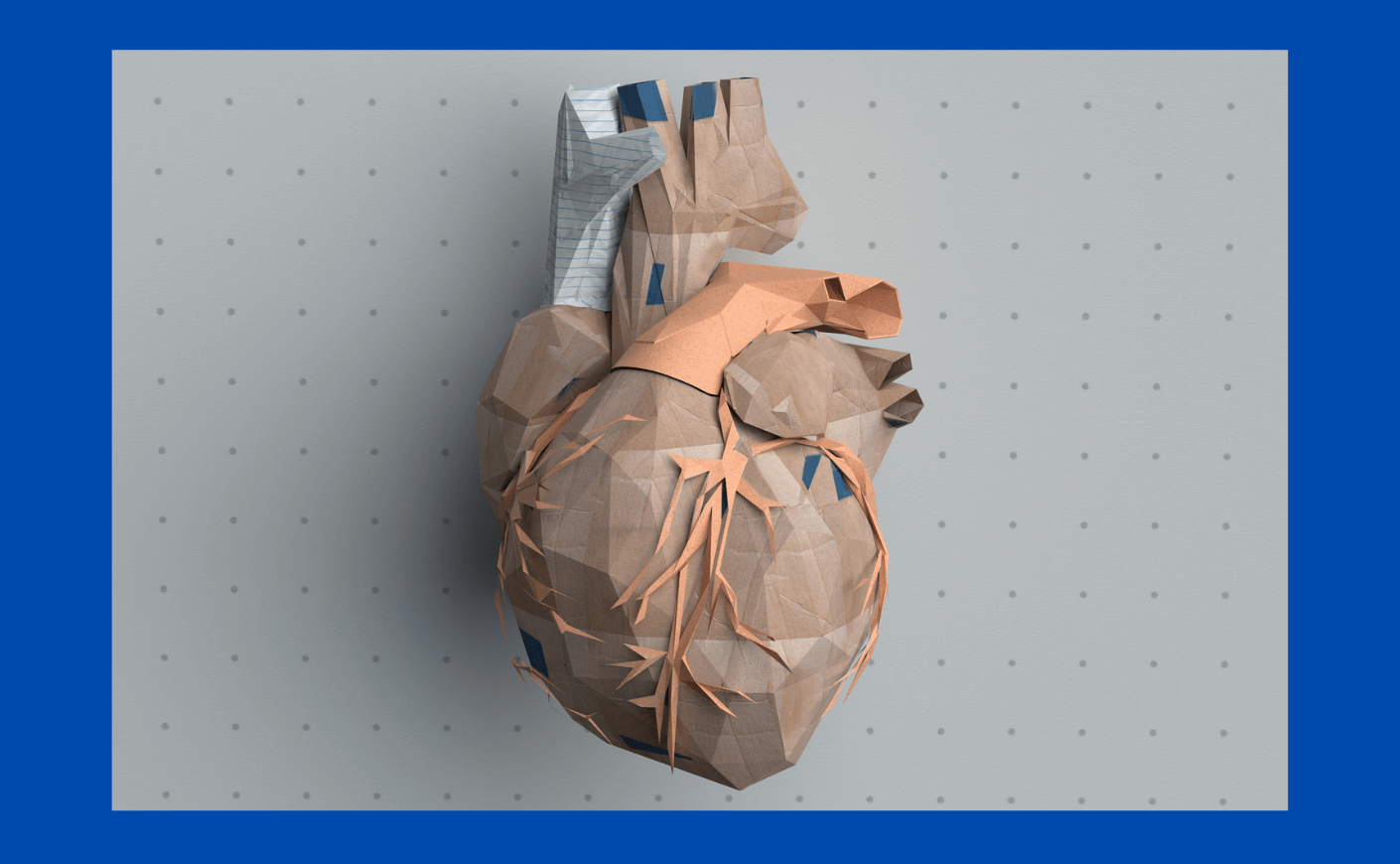Shocking, but true: nearly half of women over the age of 20 will experience some form of cardiovascular disease in their lifetimes. But that condition doesn’t need to be a death sentence: To honor American Heart Month, we checked in with our beloved Dr. O — aka J. Nwando Olayiwola, MD, MPH, FAAFP, the Chief Health Equity Officer for Humana Inc. Here, she shares what she’s learned about heart attacks, how you can keep yourself in stellar shape, and why you should have a “health partner.” (And for even more info, watch Katie’s interview with Dr. O on this vital topic.)
A few years ago, a friend of mine spent 48 hours looking for someone to treat her jaw pain. She was a fit, middle-aged woman who maintained her routine medical appointments and heeded her doctor’s usual advice to watch her weight and incorporate more activity into her days. But the jaw pain she was experiencing would not go away. After a brief phone call to her dentist, a casual chat with a doctor at the supermarket, and some well-intentioned advice from a neighbor promising “herbal relief,” she relented. Her wife insisted on taking her to the hospital.
After a couple hours in the emergency department, her fingertips began to tingle and a wave of nausea hit. Assuming it was just related discomfort, she nevertheless informed a nurse of her latest symptoms.
The emergency room went into full court press. She was in the throes of a heart attack.
Keeping a Pulse on Our Heart Health
For many in the non-medical world, heart attacks are imagined as chest-gripping scenes with a dramatic collapse, codes called, paddles in hand, and that infamous shout of “Clear!”
But as a physician, I know that heart attacks rarely unfold so cinematically. They usually start slow and gain momentum, recovery takes far longer, and the signs of a cardiac event may look a lot different for men and women.
Women are also at a much higher risk of heart disease than men.
In fact, while only one in five women believe we’re susceptible, nearly half of us over the age of twenty will have some form of cardiovascular disease in our lifetimes. It’s no wonder heart disease is the leading cause of death among women – a silent killer.
It’s also often preventable. And while heart health, like all health, isn’t just a to-do list, there are some great practices to keep you in the know — and that may keep you out of the ED:
1. Understand your numbers — specifically blood pressure, cholesterol, and your risk for diabetes. Poor control of any of these factors significantly increases the risk of heart disease, and all can be easily tracked, tested, and (quite frequently) managed with your doctor and care team.
2. Speaking of numbers, age matters. In our youth, oral contraceptives may correlate with increased risk of cardiovascular disease. Pregnancy brings on a whole array of stress to the body that can manifest in the heart, including pre-eclampsia, which is more common in Black women than any other group and may be associated with cardiovascular disease later in life. As we age, hormonal changes and menopause welcome their own suite of physical demands. Attentiveness to changes in our body — energy, mood, weight loss and gain, sleep patterns, skin and hair changes — is important to staying on top of what may be brewing beneath the surface.
3. Mind your habits. Smoking, excessive drinking, or even very occasional, recreational drug use impacts heart health. This includes the much-touted daily glass of wine, which can undermine both heart health and mental health. There are plenty of resources to curb those behaviors, and many replace the temporary stress relief we gain from indulging a craving with the sustained dopamine we get from peer support groups and companionship.
4. Remember that your heart is connected to your head. Our heart is essentially a physical recorder of all the thoughts that run through our mind: our stress, our self-doubt, our insecurities, and our fears. That means we can dote on our hearts by spending time processing what’s going on between our ears. By recognizing situations that cultivate joy or elevate anxiety, for example, we can do more to foster the former rather than latter.
5. Find a partner. I’ve prescribed a lot of medications and treatments in my career, and have been asked thousands of times by patients for that one magic cure-all. Here it is: there is nothing better for the heart than a health partner. A friend. Someone who you can be accountable to and for. When those cholesterol numbers drop a few points or the zipper on your favorite dress goes up just a little easier, they’re your cheerleading squad. We all need a friend to share our health journeys with. Share walks or bike rides. FaceTime after yoga. Relish joys and bemoan stressors. Swap a healthy recipe. And have a good old-fashioned, soul-cleansing cry or laugh.
Toni Morrison once wrote, “The beat and the beating heart, love that… More than eyes or feet. More than lungs that have yet to draw free air. More than your life-holding womb… love your heart. For THIS is the prize.”
So cherish that prize, women.
To hear more about Dr. Olayiwola’s perspective on women’s heart health and health equity, listen to her keynote talk at the Go Red for Women luncheon in Central Ohio this month (starting about 17 minutes into the video, FYI).









